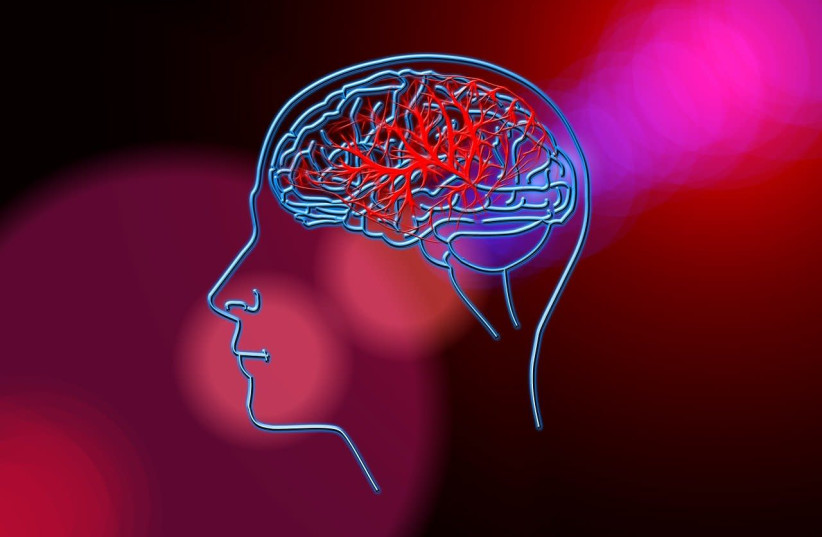Two-fifths of stroke victims suffer from aphasia, a difficulty or inability to speak or produce written language, but they can be helped with their voices nevertheless.
Researchers at the University of Helsinki have found that language function and the psychosocial well-being of patients and their families can be promoted with singing in a group.
This group intervention provides opportunities for peer support while being simultaneously cost effective, said postdoctoral researcher Sini-Tuuli Siponkoski. In the study, rehabilitation sessions were led by a trained music therapist and a trained choir conductor.
In half of aphasia cases, language impairment still persists one year after the “cerebrovascular accident” (CVA). Aphasia has wide-ranging effects on the ability to function and quality of life of stroke survivors, and it easily leads to social isolation.
What was found in the research?

According to the research, published in the open-access, peer-reviewed journal Brain Communications under the title “Efficacy of a multicomponent singing intervention on communication and psychosocial functioning in chronic aphasia: a randomized controlled crossover trial,” singing-based group rehabilitation can support communication and speech production of patients, bringing about significant improvement.
“Our study is the first where caregivers participated in rehabilitation and their psychological well-being was evaluated.”
Sini-Tuuli Siponkoski
“Our study is the first where caregivers participated in rehabilitation and their psychological well-being was evaluated,” Siponkoski said.
Fifty-four patients with acquired brain injury and chronic aphasia and their family caregivers were recruited for the study. At baseline five- and nine-month stages, patients were assessed with tests and questionnaires on communication and speech production, mood, social functioning and quality of life. Family members were asked to answer questionnaires about their caregiver burden.
Previous research has established that the ability to sing can be retained even in severe aphasia. The use of singing, however, especially choral singing, in aphasia rehabilitation has not been widely studied.
“Our study utilized a wide variety of singing elements, such as choral singing, melodic intonation therapy and tablet-assisted singing training,” said doctoral researcher Anni Pitkäniemi, who was part of the team.
In melodic intonation therapy, speech production is practiced gradually by utilizing melody and rhythm to progress from singing toward speech production.
In addition to speech therapy, melodic intonation therapy has been used to some extent in aphasia rehabilitation. But the therapy has typically been offered as individual therapy, thus requiring a great deal of resources. The team found that singing-based group rehabilitation should be used in healthcare as part of aphasia rehabilitation.
“In addition to training in speech production, group-based rehabilitation provides an excellent opportunity for peer support both for the patients and their families,” Siponkoski said.
